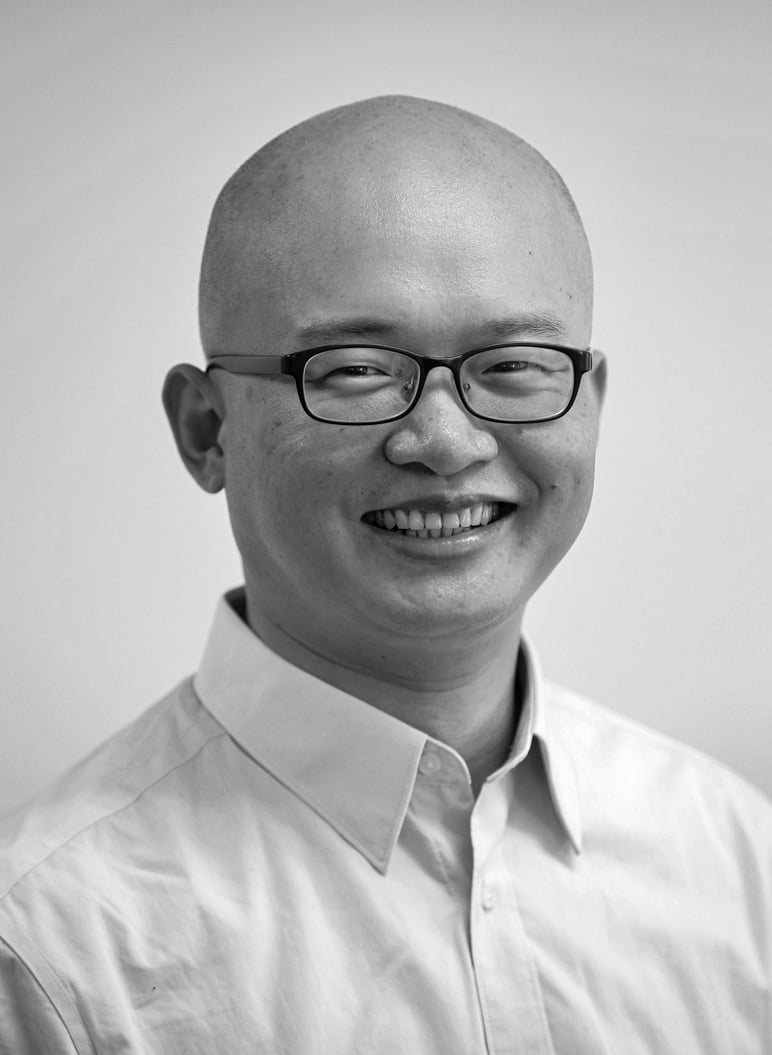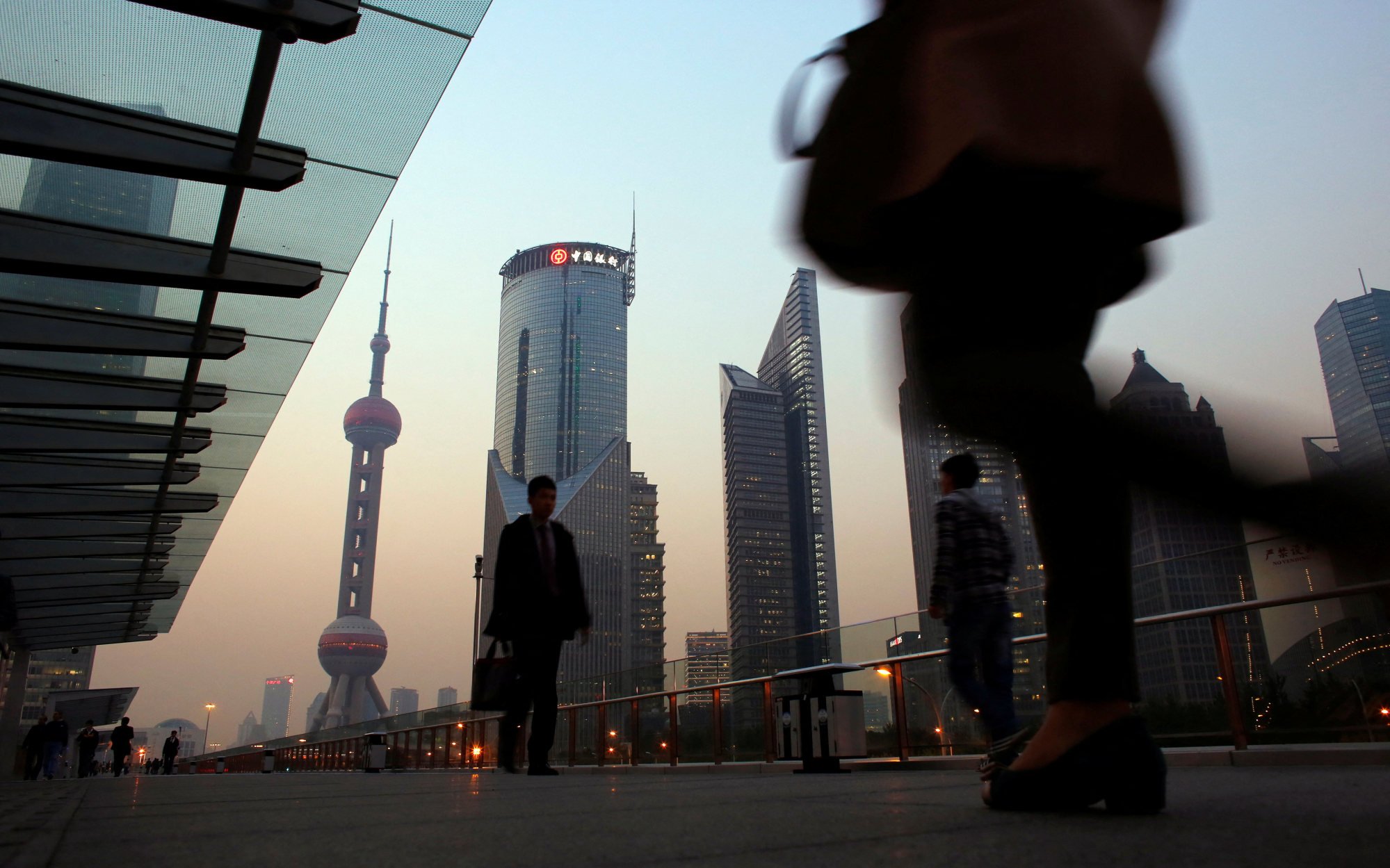
Entrepreneurs are the hope of China’s economic future, so stop making ‘capital’ a dirty word
- Despite its role in supporting China’s economic boom, private capital still carries a whiff of notoriety in the country
- Private entrepreneurs are treated differently from state-owned enterprises, even though capital is what really drives the country’s growth
It is sometimes puzzling to find that many of the people who benefited a lot from China’s economic liberalisation still have strong feelings about the word “capital”, using it interchangeably with terms such as “greed”, “exploitation” or “evil”, depending on the context.
While the country officially regards capital as one of the production factors in its socialist economy along with land, technology and data, private capital is still sometimes seen as a source of social problems, such as income gap and moral corruption, while people who own capital are viewed with suspicion.
No one has come up with a real theory to counterbalance voices that say private capital in China must be curtailed, controlled and ultimately destroyed. According to the anti-capital camp, it is necessary for the Chinese state to clip the wings of capital at home and fight against capitalist powers abroad.
The capital detractors agree that capital may have utilitarian value in creating jobs and boosting economic growth, but it is fundamentally a necessary evil that needs to be kept in check by whatever means it takes.
After supporting China’s economic boom in the past four decades and gaining a certain degree of ideological neutrality along the way, capital is once again being defined according to the orthodoxy of Karl Marx, who described it as “dripping from head to foot, from every pore, with blood and dirt”.

Such conceptual debate may seem abstract, but it has significant implications for policymaking. In China, whether a business is privately owned is sometimes still a decisive factor in determining whether it can win a contract or secure a bank loan.
Beijing’s repeated message assuring private entrepreneurs that their businesses will be treated equally with state-owned enterprises has only strengthened the perception that the two are actually different. There is one joke that goes: you only have to tell your godson repeatedly that he is your son – there is no need to say that to your true son. The Chinese government certainly never feels the need to assure state-owned enterprises that they will get fair policy treatment.
This issue could cause real problems for China’s economy, as the private sector is the actual engine for growth. As geopolitical and demographic headwinds mount, it has become more important to unleash the entrepreneurial spirit of the Chinese people.
In fact, some outspoken economists in Beijing have already publicly called on China to drop the ownership tag on businesses. Liu Shijin, former deputy chairman at the State Council’s Development Research Centre, said in a speech last month that the country should cease the practice of categorising businesses by ownership.
China’s economic miracle in the past 40 years, in essence, is a historic process of liberating growth potential by removing ideological barriers. For instance, market economy had been a bad phrase and a symbol of capitalism in China until 1992, when paramount leader Deng Xiaoping ended the unnecessary controversy by telling the country that it must follow the market.

China’s quest to join the World Trade Organization had been met with strong ideological resistance from conservatives, who blasted the agreement to set tariffs through the WTO framework as “surrendering China’s sovereignty”, because the freedom to set import duties was considered a key indication of the country’s independence from imperial powers.
When former Chinese premier Zhu Rongji closed inefficient state factories and smashed the “iron rice bowls” of tens of millions of workers in the late 1990s, some people had cursed him for betraying the working class, which formed the very foundation of the country’s socialist system.
But time and again, China moved on and put these controversies behind it.
Now that China’s debt-fuelled growth model, which relies on inefficient and wasteful spending by the state sector, is running into a wall, it is time for the country to shift its focus to revitalising the private sector. It is clear that the private entreprenuers are the country’s economic future, and with all the lessons learned, it is time for China to stop treating capital as a dirty word.

